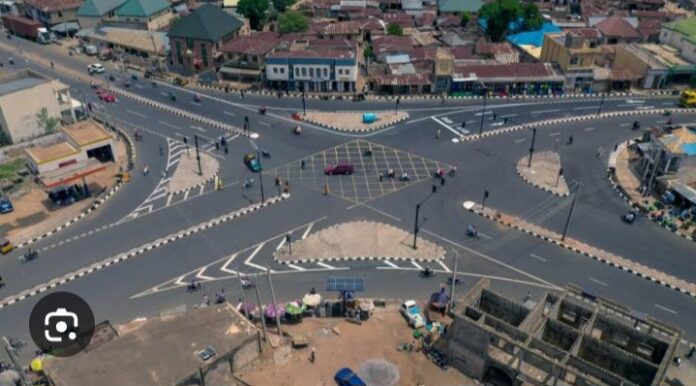By Abdulsalam Muhammad Inuwa
Gusau, the capital of Zamfara State in Nigeria, holds a fascinating history deeply intertwined with the themes of state governance, administrative restructuring, and resource management. Since its establishment as the capital upon the creation of Zamfara State on October 1, 1996, Gusau has symbolized the ambitions and challenges of political decentralization in Nigeria. Carved out of Sokoto State, Zamfara was created to bring governance closer to the people and address localized socio-economic challenges, a critical aspect of Nigeria’s federal system.
The decision to establish Zamfara State reflected the Nigerian government’s broader strategy to enhance administrative efficiency and foster responsive governance. Gusau became the nucleus of these aspirations, representing the drive for political participation and socio-economic transformation. However, the transition was not without its challenges. Like many other nascent states in Nigeria, Zamfara grappled with the daunting task of balancing the lofty goals of state creation with the practical realities of providing essential public services.
One persistent challenge that has defined Gusau’s development narrative is water accessibility. For years, residents of the city have faced inconsistent and inadequate access to clean, potable water. This deficiency compelled many to rely on alternative and often unsafe water sources, resulting in significant health and quality-of-life concerns. Despite recognizing the critical importance of water accessibility, successive administrations in Zamfara struggled to address this issue effectively. The pattern of awarding contracts for water projects without follow-through became emblematic of systemic inefficiencies and governance shortfalls.
The arrival of Governor Dauda Lawal brought a renewed sense of hope and urgency to Gusau’s water crisis. Taking office with a commitment to transformative governance, Lawal prioritized water accessibility as a cornerstone of his administration’s agenda. Recognizing the high stakes involved, his approach diverged sharply from the practices of his predecessors. Instead of relying on the often-ineffective outsourcing of projects, Lawal championed transparency, accountability, and community engagement as essential components of his governance strategy.
Under Lawal’s leadership, Gusau witnessed a significant shift in how water projects were conceived and executed. His administration engaged local engineers and contractors, prioritizing those with a vested interest in the welfare of the community. This approach not only ensured quality and timely delivery of projects but also stimulated local employment and fostered a sense of ownership among residents. The governor’s emphasis on grassroots involvement signaled a break from the top-down governance style that had characterized previous administrations.
The impact of Governor Lawal’s initiatives on Gusau’s water crisis has been profound. The successful establishment of a reliable water supply system has transformed public health outcomes, reducing the prevalence of waterborne diseases that had long afflicted the population. Clean water accessibility has also revitalized agricultural activities in the surrounding areas, bolstering the economic prospects of farming households and contributing to food security. These developments have had a ripple effect, improving educational attendance, enhancing productivity, and elevating the overall quality of life in Gusau.
Governor Lawal’s administration has also demonstrated a deep commitment to community engagement, involving local stakeholders in decision-making processes and fostering public dialogue. This inclusive approach has built trust between the government and the people, ensuring that development projects reflect the genuine needs and aspirations of the citizens. By addressing frustrations rooted in years of unfulfilled promises, Lawal’s governance style has ushered in a new era of optimism in Gusau.
As the capital of Zamfara State, Gusau’s journey is emblematic of the broader challenges and opportunities associated with state governance in Nigeria. From its creation in 1996 to the transformative initiatives under Governor Dauda Lawal, Gusau’s story underscores the importance of political will, transparency, and community involvement in overcoming developmental hurdles. Today, Gusau stands as a testament to the potential for meaningful change when governance is aligned with the needs of the people it serves.
Abdulsalam Muhammad Inuwa Social Commentator ainuwa303@gmail.com




